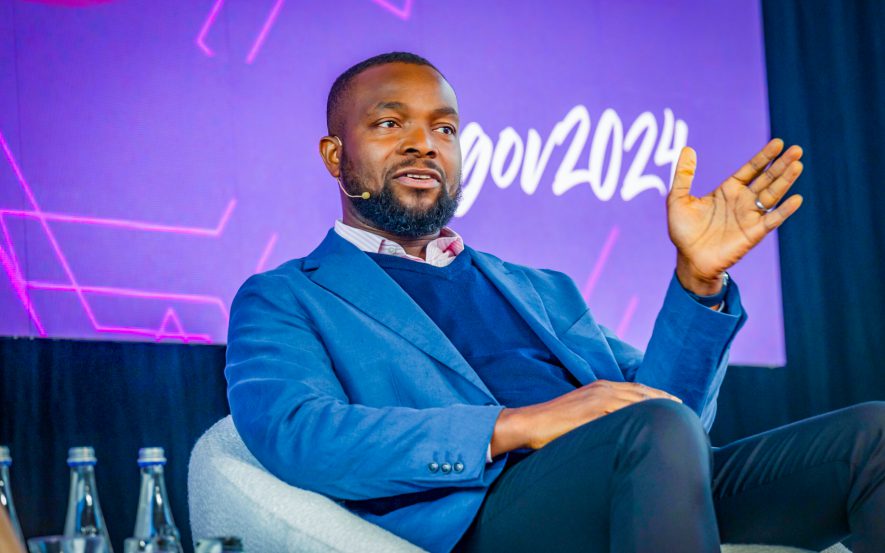
The Minister of Communications, Innovation, and Digital Economy, Bosun Tijani, on Tuesday defended the controversial decision to approve a 50% tariff hike for telecom services. This move, despite legal threats and criticism from advocacy groups and subscribers, aims to address broader economic challenges.
While appearing before lawmakers to defend the ministry’s budget, Tijani attributed the tariff increase to economic pressures such as rising inflation and the escalating costs of imported goods.
“Rising inflation and operational costs are the reasons for the recent tariff increase,” Tijani explained. He is also leading the country’s ambitious 90,000-kilometre fibre project.
Highlighting the longstanding reliance on private investment in telecommunications infrastructure, Tijani elaborated, “What most people don’t pay attention to is that historically, we’ve left investment in telecommunications infrastructure to private companies. And these private companies will only go to where they can make money. They use a data set, called night-time satellite data, which will look down on the economy at night.
“They will see where light exists, and that’s where they will put their money. Because those lights, for them, indicate economic activities.”
Advocacy Groups Threaten Legal Action
The tariff hike has sparked significant opposition from groups like the National Association of Telecoms Subscribers (NATCOMS) and the Socio-Economic Rights and Accountability Project (SERAP). Both organisations have vowed to challenge the decision in court.
NATCOMS President, Adeolu Ogunbanjo, expressed the association’s concerns during an interview with The PUNCH on Tuesday. Ogunbanjo stated that NATCOMS plans to engage the Nigerian Communications Commission (NCC) this week to negotiate a reduction of the tariff hike to 10%.
“If the meeting does not take place or fails to yield results, NATCOMS will proceed with legal action next week,” Ogunbanjo said. He further noted that while the association might tolerate a modest 5–10% tariff increase, anything beyond that is “unacceptable.”
Meanwhile, SERAP issued a 48-hour ultimatum for the tariff hike to be reversed. In a strongly-worded statement on its official X (formerly Twitter) account, the group declared, “The Tinubu administration and telcos must immediately reverse the unlawful increase in calls and data costs. We’ll see in court if the 50% tariff hike is not reversed within 48 hours.”
NCC Justifies Tariff Adjustment
The NCC, in a statement issued on Monday by its Director of Public Affairs, Reuben Muoka, justified the tariff adjustment as a necessary response to the economic realities confronting the industry.
The regulator clarified that the approved increase is capped at 50%, significantly lower than the over 100% initially proposed by some telecom operators. According to Muoka, this adjustment marks the first change in tariffs since 2013.
“The NCC has prioritised striking a balance between protecting telecoms consumers and ensuring the sustainability of the industry, including the thousands of Indigenous vendors and suppliers who form a critical part of the telecommunications ecosystem,” the statement read.
Acknowledging the financial strain on Nigerian households, the NCC reiterated its commitment to consumer protection. “The commission has mandated that operators implement these adjustments transparently and in a manner that is fair to consumers,” it added.
Growing Concerns Among Subscribers
The tariff hike has fueled widespread frustration among Nigerians, particularly low-income earners who rely heavily on affordable call and data services. Many subscribers argue that the increase places an undue burden on already stretched budgets.
As debates continue, the telecom industry finds itself at the crossroads of balancing operational sustainability and consumer affordability.
